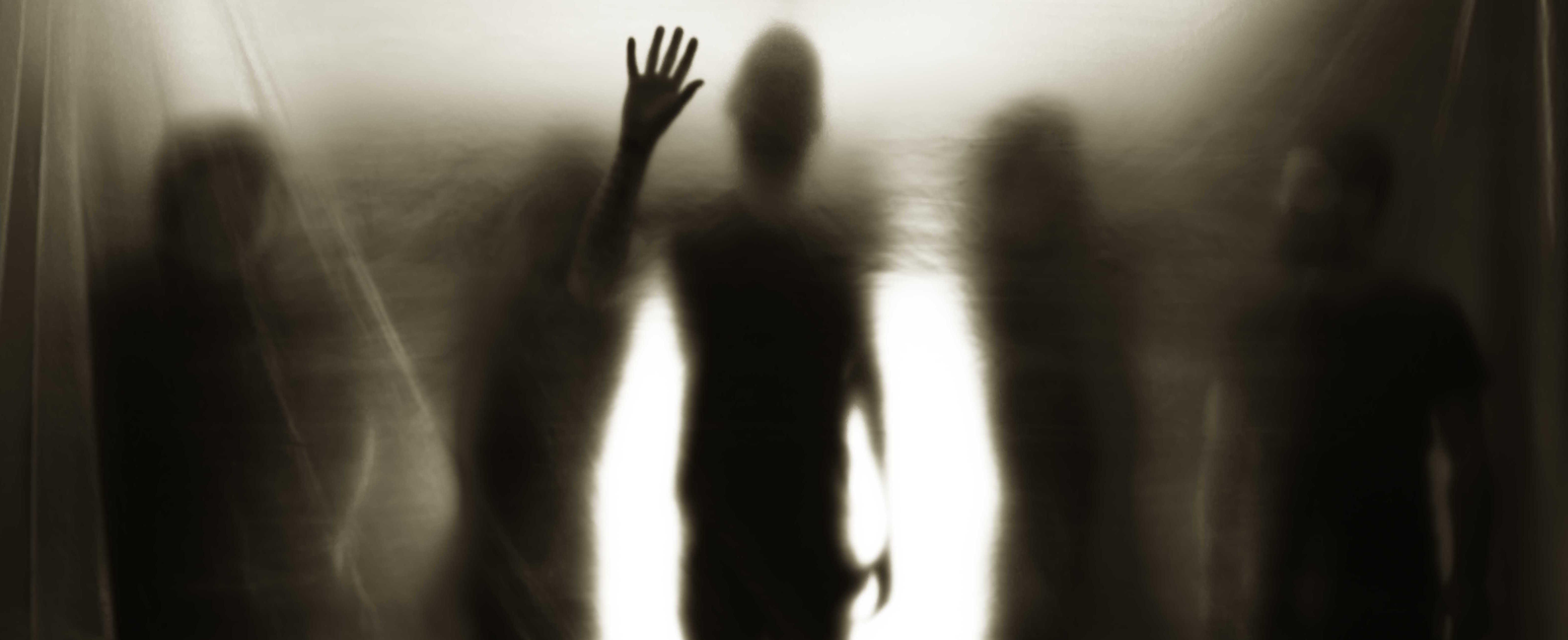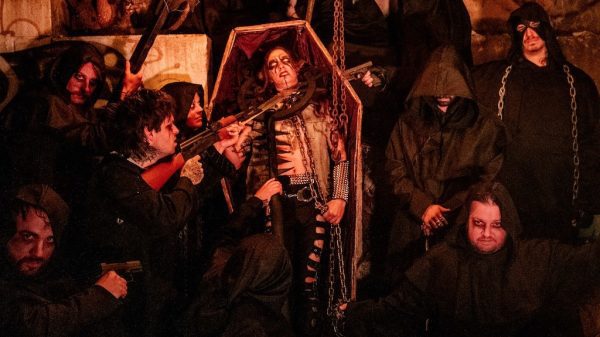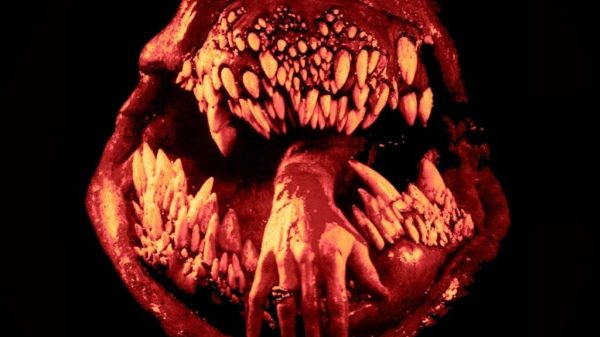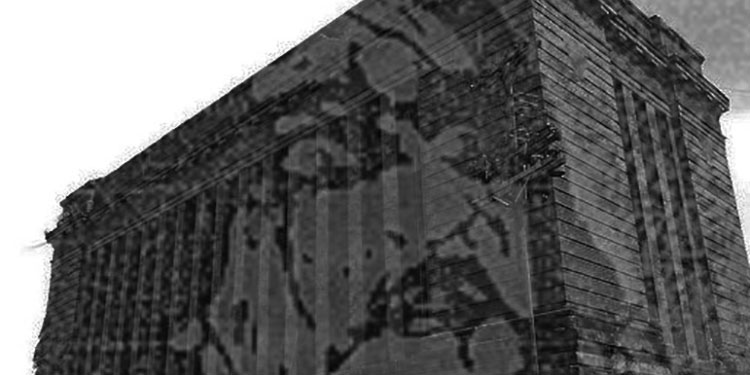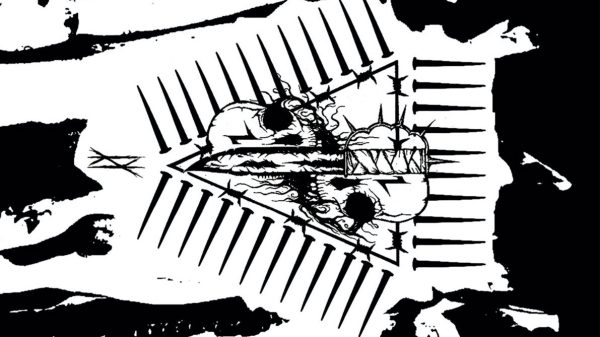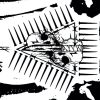Switzerland does not produce a plethora of metal acts, but the ones coming out of this country are generally very fucking good. Rorcal is such an example, with the band releasing its fourth album, Creon, to mark its ten year anniversary. Rorcal’s sound relies heavily on two pillars: their black metal rage and their doom mentality, producing works of great weight, furious passages, immense melancholia and moving melody.
The subjects of Rorcal’s releases have always retained an interest in apocalyptic notions – as was the case with Vilagvege – or revealing an attraction for ancient lore, as with Heliogabalus. Creon finds them once again interested in the dark, ancient tales of this world and explore the story of Antigone, from the perspective of the character Creon, uncle of the heroine in the play. As a side-note, the fact that there is not one Greek member in the line-up of Rorcal, and still the band uses Greek titles, and with the old, polytonic system, is an impressive feat.
The movement of the album in a sense follows this tale of tragedy. “Πολυνείκης” opens up the album amidst the rising ashes that follow a brutal battle, the ambiance transmitting the ominous tone of this work. The brutal black metal cloud soon appears, unleashing an outstanding assault, forging a scenery under constant eruption. In terms of the story, it depicts the moment when the two sons of Oepidus, Polynices and Eteocles, kill each other in a brutal carnage over the kingdom of Thebes. Following this battle, their uncle Creon takes the throne and decides that Polynices should not be buried or mourned. A decision that their sister, Antigone, does not accept.
Label: Bleak Recordings/Division Records You Can Pre-Order Creon HERE!
Antigone’s plan to bury her brother’s body takes form in the next track. “Ἀντιγόνη,” depicts the plotting behind this act with the ambient doom start, setting an unnerving tone. The sudden black metal assault in a sense could be said to reveal Creon’s anger of Antigone’s defiance, and he decides to lock her up in a cave and leave her their to day. The track becomes more and more despairing, traveling through doom moments with dissonant edges and extreme post-hardcore breakdowns. Creon might have had a change of heart, but it was all too late, as Antigone killed herself before Creon had the chance to release her.

The story carries on with Creon‘s next chapter, “Αἵμων.” The son of Creon, who was also the husband to be of Antigone, upon hearing that she had killed herself, he himself commits suicide. This track perfectly sums up the mindset of Haemon, starting with an eerie, atmospheric black metal part, before diving into a completely chaotic form, as a maze of torment unfolds. Black metal shrieks and death growls appear through the darkness, with the scenery reaching also ambient doom moments of destructive explosion. The finality is given in “Εὐρυδίκη,” where the final act of the tragedy is narrated, as the wife of Creon, upon learning that both her son, Haemon, and Antigone have perished, takes her own life, as well. The track gives the black/doom metal end that this record deserves, through its heavy pace and blackened riffology.
Rorcal presents this story in a magnificent way, managing to give emotions to the various acts of the play. Concentrating on the darkness and painful aspects of this opus, they themselves feel very much invested in this work. Considering that the album was recorded live in just three days, it shows exactly how prepared they were in tackling this subject, and their method of drawing inspiration from realms outside of music and using them as an additional driving force. Creon goes through a series of tragic events that he is responsible for (“Too late, too late you see the path of wisdom”). In the same manner, Rorcal make a decent into the depths of tragedy, and even though “no one loves the messenger who brings bad news,” in the end “grief teaches the steadiest minds to waver.” And that flickering is worth going through the fifty devastating minutes of Creon.

